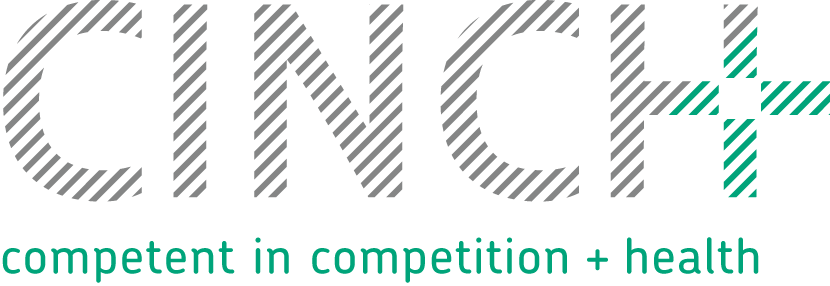Parental Unemployment During the Great Recession and Childhood Adiposity
Parental Unemployment During the Great Recession and Childhood Adiposity
Jonathan Briody (University College Dublin)
The relationships between unemployment and health are predominantly studied in adults. This study examines the relationship between changing economic conditions during the Irish recession and child weight using the Growing up in Ireland infant cohort from 2008 to 2013. Fixed effect logistic regression, with individual and area fixed effects, is used to examine the effects of parental unemployment on child weight. This study is the first to use longitudinal anthropometric measurements to estimate the impact of parental unemployment on children’s weight before, during and after a recession. Child growth charts are used to quantify children according to overweight for BMI, weight for age, and weight for height measures. For weight measured by BMI, the probability of a child being overweight is 6 percentage points higher if either parent has experienced unemployment. For weight for age the probability is 6 percentage points higher across the World Health Organisation (WHO), British Growth Reference, and the Centers for Disease Control and Prevention (CDC) growth charts. The analysis is repeated for physical activity and diet to clarify mechanisms of effect. The probability of a child consuming healthy food and physical activity which has an implied cost is lower if either parent experiences unemployment, while the probability of consuming unhealthy food increases. The incidence of adiposity in children in the early years of life has outgrown the prevalence rate in older children and adolescents globally; if these trends are not addressed a generation of children may grow up with a higher level of chronic disease.

